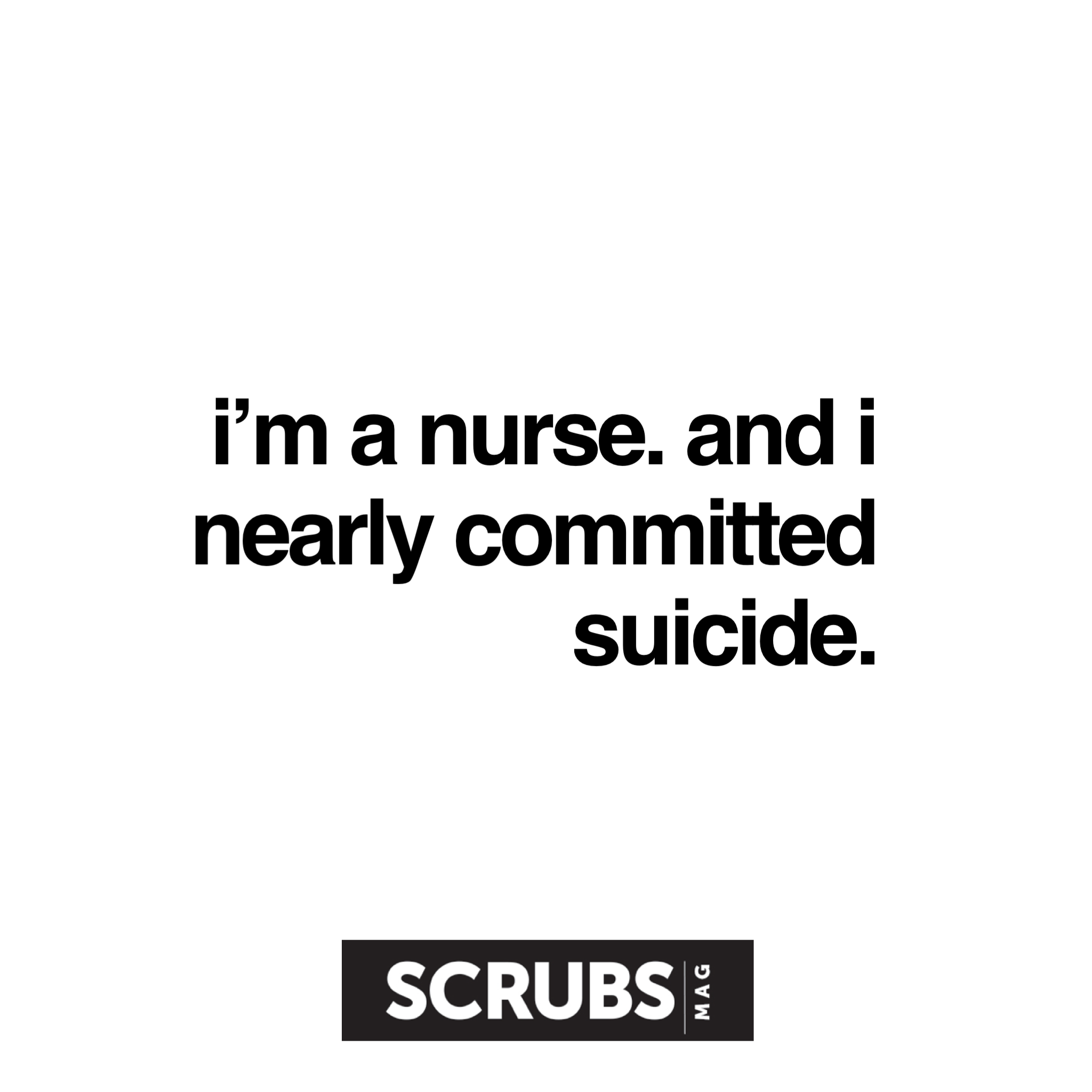In our daily lives, mental health often takes a backseat to pressing deadlines and demanding schedules. Sadly, the stress we often face in busy cities like New York causes a ripple effect. We feel stressed, pressured, and anxious to deliver within strict deadlines. But this feeling of distress can compromise our mental health, thereby impeding our productivity. In the end, we are unable to meet up with the demands of our jobs.
From the subtle undercurrents of stress to the overwhelming waves of anxiety, understanding the relationship between mental health and our ability to navigate life’s challenges is crucial.
The Productivity Paradox
Imagine trying to meet a tight deadline while your mind is clouded by persistent worry or engulfed in a fog of lethargy. This is the reality for many individuals grappling with mental health issues. Conditions like anxiety, depression, and stress can cast a shadow on productivity, making even the simplest tasks feel like insurmountable mountains.
For instance, there’s Sarah, a talented graphic designer who battles with chronic anxiety. While her creativity knows no bounds, the weight of anxious thoughts often hampers her ability to deliver projects on time. Simple tasks become monumental challenges as the fear of not meeting expectations looms large. Sarah’s productivity suffers not due to lack of skill but because her mental health becomes an unexpected hurdle.
Practical Tips to Get out of the Dark
For those grappling with mental health challenges, it can feel like the entire world is against you. Nothing makes sense in the face of severe anxiety and distress. While there are habitual lifestyle changes you could make to change your views, one of the most effective first step is to talk to a professional. The NYC psychotherapy landscape comprises professionals who understand the distressing demands that New York poses on its workforce, being a commercial hub. They can help you tailor a strategy that takes into account your unique situation and career.
That said, you can also become more productive under stressful situations by breaking tasks into smaller, more manageable steps. Instead of seeing a project as a mountain to climb, view it as a series of manageable steps. Tackling one step at a time can make the journey less overwhelming and more achievable.
Perception Matters
Mental health doesn’t just impact our ability to check items off a to-do list; it also colors the lens through which we view life. Our outlook, shaped by our mental well-being, influences how we interpret challenges, setbacks, and successes. A positive outlook can act as a resilient shield, while a negative one can make everything look hopeless.
For example, you may have a thriving career. However, anxiety comes around and casts a fog that distorts your perception of reality. Every decision now feels like a potential disaster, and your productivity plummets. This relentless loop of worries creates a mental block that hinders your ability to think clearly and make decisions efficiently.
Mindfulness is crucial here. By being mindful, you are able to focus on the present. Nothing disastrous has happened yet, so why feel afraid that whatever decision you make would be catastrophic? Also, surrounding oneself with a supportive network can provide the encouragement needed to become more realistic or even optimistic.
Impact of Poor Mental Health on Interpersonal Relationships
Mental health doesn’t exist in isolation; it ripples into our relationships, affecting how we connect with others. The way we perceive ourselves often influences our interactions, both personally and professionally.
Consider Alex, a talented software developer with a crippling fear of social interactions. His social anxiety not only hindered his ability to collaborate effectively with his team but also led to missed opportunities for professional growth. The constant worry about judgment and the fear of making mistakes created a barrier between him and his colleagues.
Individuals grappling with social anxiety can benefit from gradually exposing themselves to social situations, starting with small, controlled settings. Building positive relationships with colleagues based on shared interests and common goals can create a supportive work environment.
Note: Social anxiety is more than just shyness.
How to Conquer the Challenge
Prioritize Self-Care:
Recognize that taking care of your mental health is a necessity. Just as you wouldn’t neglect physical ailments, prioritize self-care for your mental well-being. This includes adequate sleep, regular exercise, and activities that bring joy and relaxation.
Seek Professional Support:
Don’t hesitate to reach out to mental health professionals. Psychotherapists, counselors, and support groups are all over New York City; they can offer valuable insights and coping strategies. Seeking help is a sign of strength, not weakness, and can be a crucial step toward regaining control over your life.
Establish Healthy Boundaries:
Learn to say no when needed. Setting boundaries, both at work and in personal life, is essential for preserving your mental health. Overcommitting can lead to burnout and exacerbate existing challenges.
By acknowledging the challenges and seeking practical solutions, we can improve our mental health with resilience and empathy. Remember, each step forward, no matter how small is a triumph in the journey toward holistic well-being.















